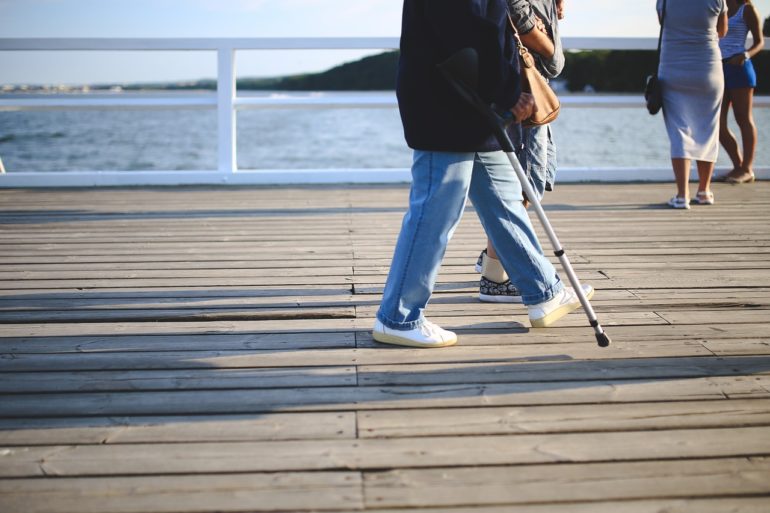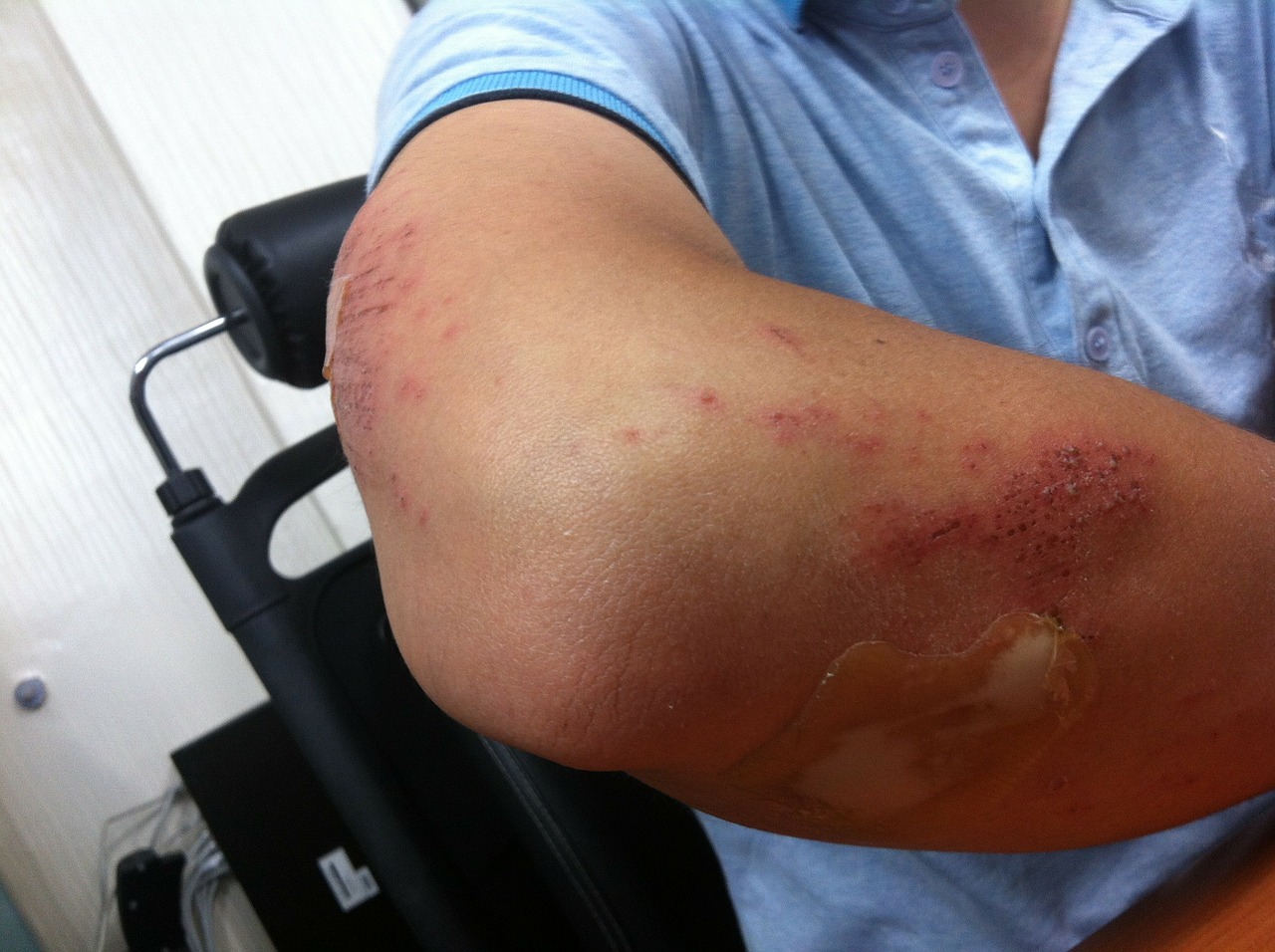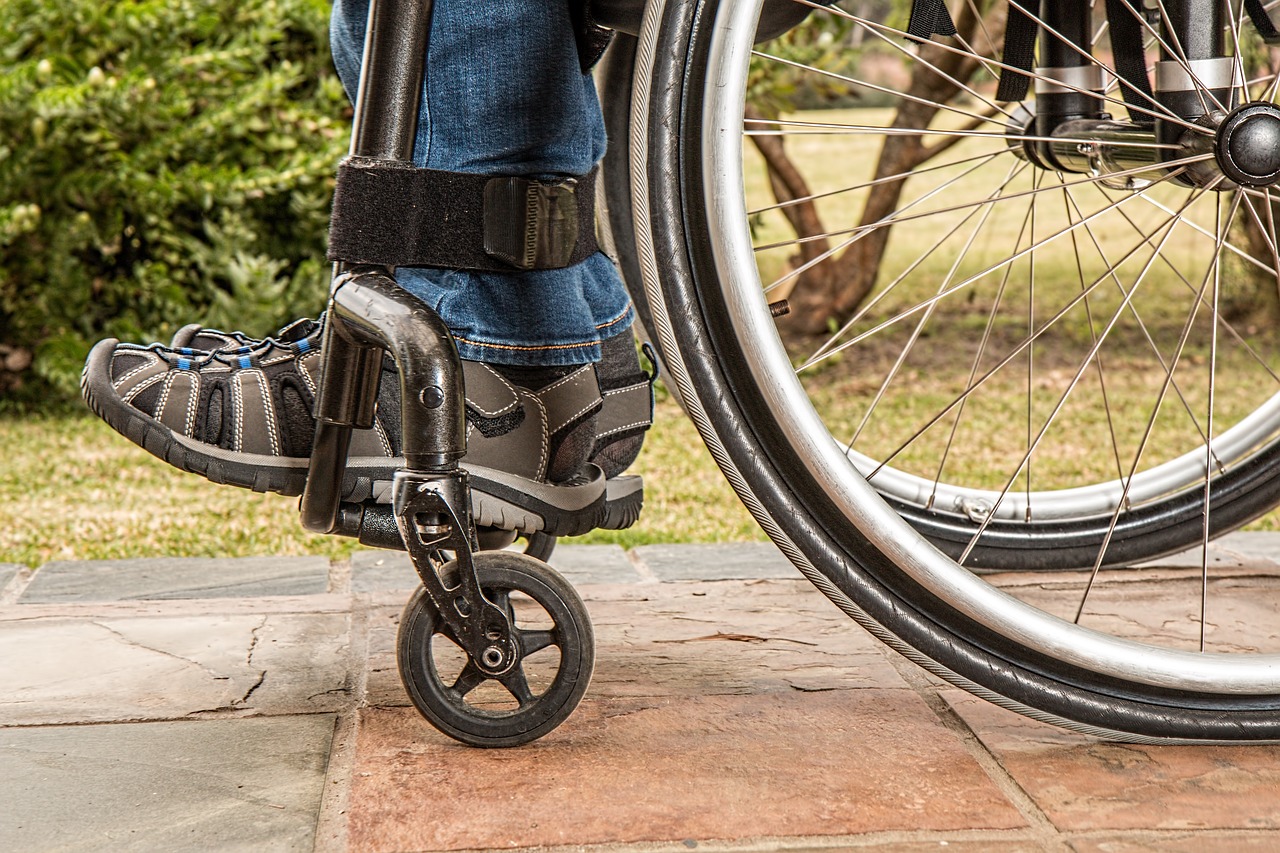Are you tripping up all the time? Wondering how to stop falling over? Are you a carer for someone who’s forever falling over?
Don’t let a fall get you down! Here are a few tips on how to find your feet after a nasty trip – and prevent it happening again
Anyone can have a fall, but the older we get, the harder they are to brush off. According to ROSPA, more than 282,000 people over the age of 65 were admitted to hospital because of a fall in 2014/5. In total, falls are estimated to cost the NHS over £2.3bn per year, so it’s an epidemic, with people aged over 65 most at risk of falling. While our sense of balance may decline as we age, fortunately in most cases falls don’t cause any serious damage, with Medscape revealing that 30-50% of all falls in the elderly resulting in minor injuries e.g. bruises. However, falls can still really knock a person’s confidence and make them question their independence. Various causes can trigger accidents, from health conditions and medications, through to the wrong footwear – all of which affect your ability to stay steady on your feet.
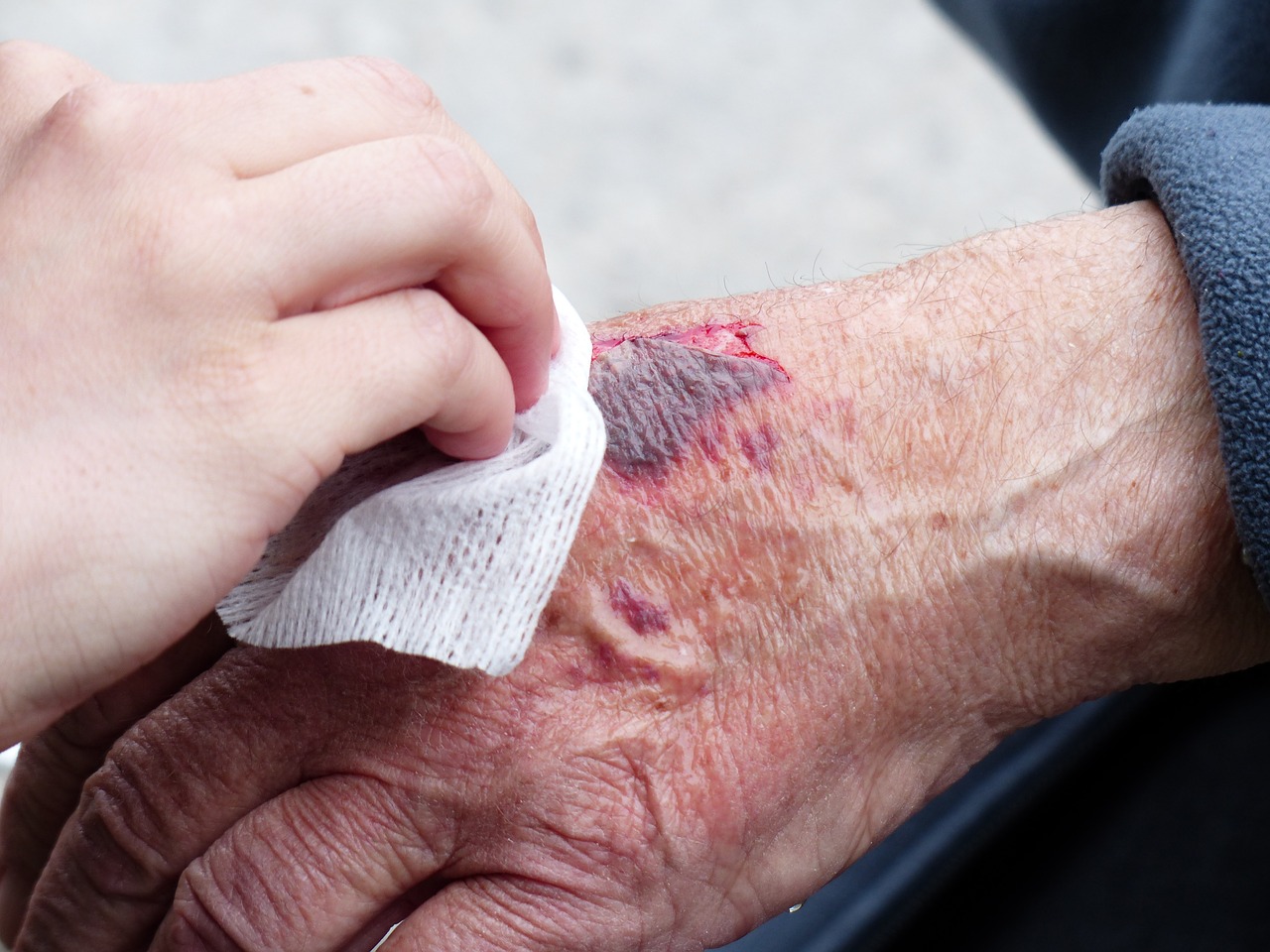
Top Tips to Prevent Nasty Trips
- Use non-slip mats in particularly hazardous areas such as the bathroom
- Mop any spills up quickly
- Don’t be afraid to ask for help lifting anything difficult to handle
- Ensure your home is well lit and use night lights in case you need to get up in the night
- Fix any crumples or frays in carpets or bumps in your flooring
- Wear sturdy slippers or shoes around the house and avoid slippery tights or socks
- Consider re-arranging your cupboards and layouts for easier access to the things you need
- Keep your home as clutter-free as you can – make sure you have enough work space in the kitchen to handle hot food and drink.
- Don’t leave things at the bottom of the stairs and ensure the area around your front door is clear
Stay Fit and Flexible
- Do exercises that help improve your balance like Tai Chi
- Keep a mobile phone with you at all times – you never know when you might need it
- Look after your eyes – eyesight deteriorates with age, with poor eyesight increasing the likelihood of tripping
- Take care of your ears – the risk of hearing loss increases with age, while the inner ear controls balance, so any problems here could make you unsteady on your feet
- Support your bone health – bones become more brittle and fragile as we get older, but strong bones will reduce impact during a fall, lessening the chance of injury
- Buy your pet a collar with a bell – it’s important to know the whereabouts of your pet, so that they don’t get in the way of your pat
- Keep your garden tidy and free of tripping hazards
You’ve Fallen Over – What are the Next Steps?
Falling can be a real shock. If you do trip over, try not to panic. It’s natural to lose your breath and feel disorientated, so take your time and relax. Assess the extent of your pain and think practically about getting back on your feet, if you can. If you’re worried that you’ve injured yourself, call for help immediately – as the old adage goes, it’s better to be safe than sorry!
If you do struggle to recover after a fall, or are worried about falling over again, it may be necessary to visit your GP. Less than half of older patients who fall tell their doctor they’ve had a fall, but the best way to ensure that dangerous falls don’t happen again is to be proactive about getting the right kind of medical advice. Doctors can assess any injuries sustained and detect markers of other conditions that either contributed to the fall or have appeared. As well as prescribing painkillers to alleviate symptoms if needed, doctors can offer reassurance so you’re not fearful about falling again. As well as seeking medical help, it may be useful to make a plan of action in case it happens again.
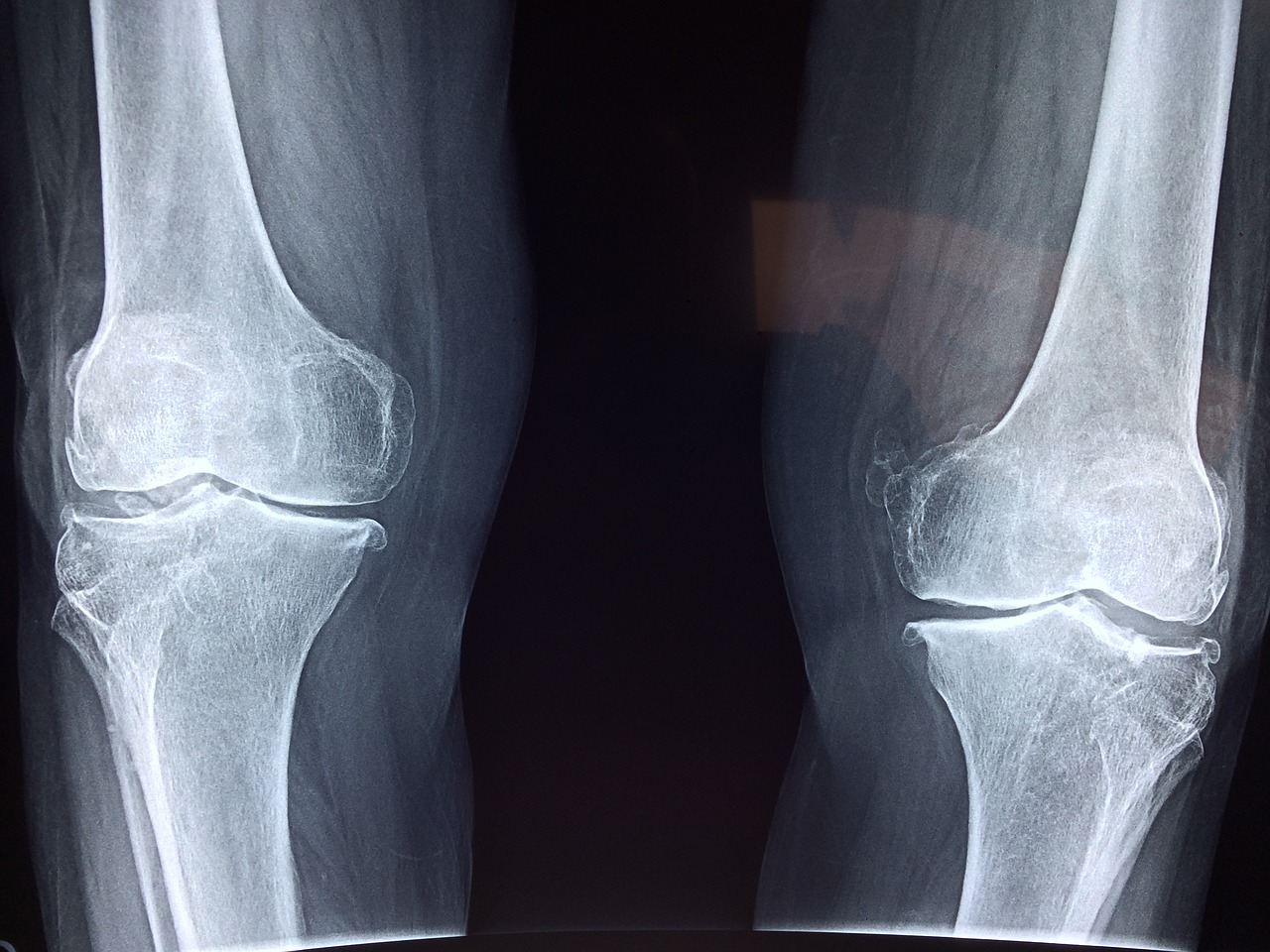 Plan of Action
Plan of Action
- Decide who you would call in an emergency – who will be able to come to your aide the quickest? This could be a neighbour or local relative
- Purchase a personal alarm –pendants and wristbands are now available, with an emergency button to alert a response centre that you need help
- Try Telecare – implementing a telecare system in your home can automatically alert a response centre if you need help. For example, a bed sensor can detect if you’ve got up but haven’t returned in a set time
Move To Get Mobile
It may feel counter-intuitive to move more to avoid falling over. However, exercise is one of the best ways to stay nimble and maintain your balance. It needn’t be strenuous, or even break the bank. Home-based exercises alone can reduce the risk of falls by 22%. If you’ve fallen previously, ensure you’ve rested and healed before moving again. This is why we’ve developed an exercise programme to help improve flexibility, posture and overall well-being. The standing and seated exercises take around 30 minutes to complete, with beginner, intermediate and advance levels so everyone can find a pace to suit.
Falling over is scary in the moment. It’s very easy to get frustrated with our bodies when our brain is ready to move again. Sometimes tripping up is out of our hands. So taking preventative measures and knowing how to act should help you find your feet again.
by
Patrick Stannah, MD of Stannah

